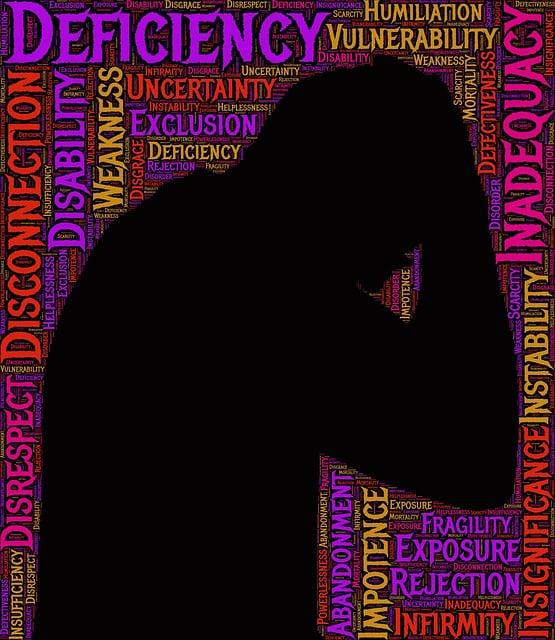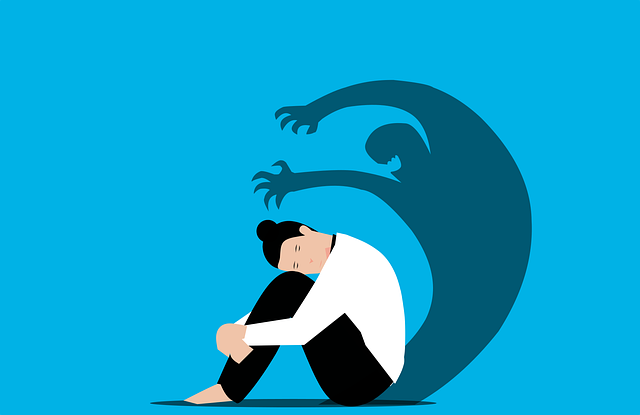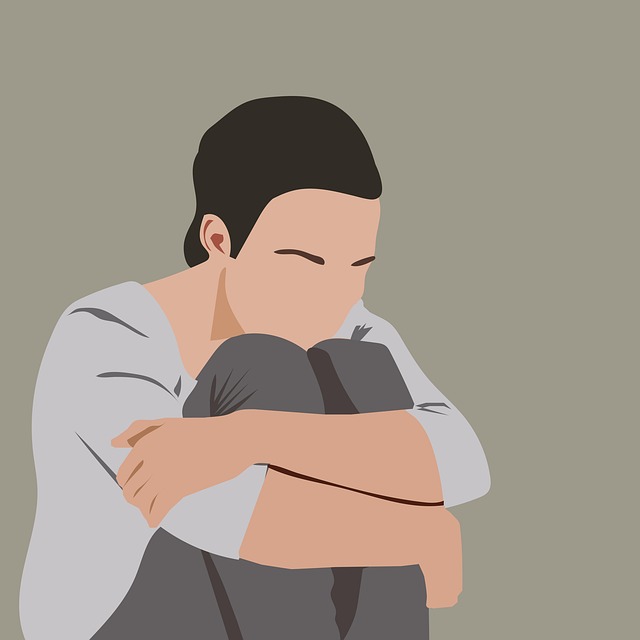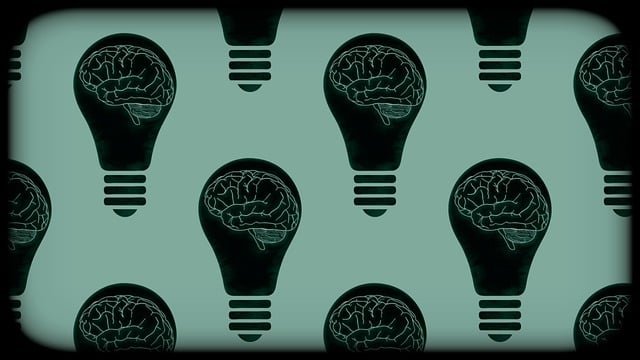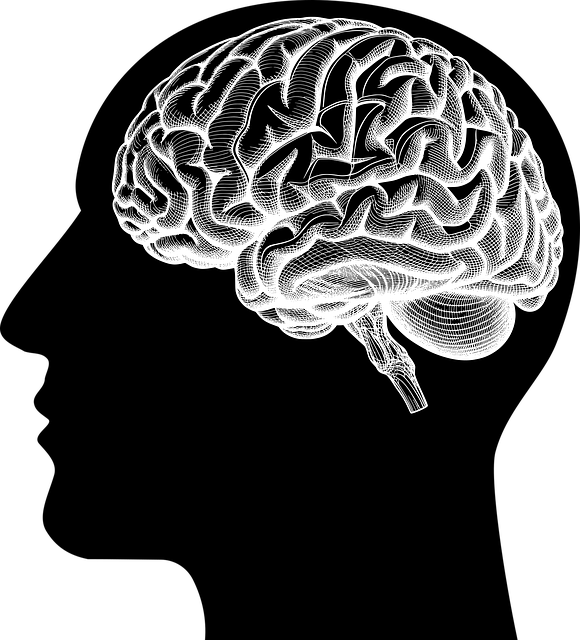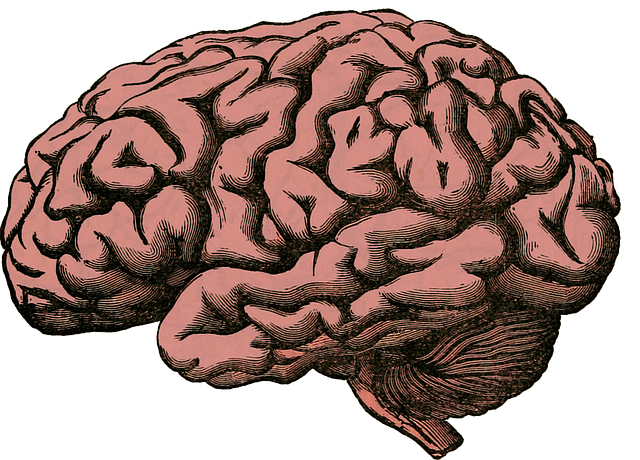Englewood Pain Management Therapy offers a holistic approach to chronic pain treatment, focusing on the interconnectedness of physical and mental health. Their RFM (Recovery, Flexibility, Mastery) method equips individuals with emotional coping strategies, encourages embracing change, and provides skills like conflict resolution through resources like Mental Wellness Journaling Exercises. This unique approach combines regular physical activities, mental resilience exercises, and their Mental Wellness Podcast Series to empower patients with tools for managing pain, improving mood, and fostering overall well-being.
Resilience is a powerful tool for navigating life’s challenges. RFM (Recovery, Flexibility, and Mastery) models provide a structured framework to build this strength. This article explores how understanding RFM can enhance your resilience through targeted exercises. We delve into the significance of physical and mental practice, offering a practical guide to improve well-being. Additionally, we highlight the benefits of Englewood Pain Management Therapy as an innovative approach to pain relief and recovery, contributing to overall resilience.
- Understanding RFM and Its Role in Resilience Building
- Engaging in Physical and Mental Resilience Exercises
- The Impact of Englewood Pain Management Therapy
Understanding RFM and Its Role in Resilience Building

Resilience is a key component to overcoming life’s challenges and stresses, which is why Englewood Pain Management Therapy emphasizes the importance of building mental fortitude through practices like RFM (Recovery, Flexibility, and Mastery). Understanding RFM involves recognizing its role in enhancing one’s ability to cope with difficult situations. Recovery refers to developing strategies for managing distressing emotions, a crucial aspect often overlooked but vital for overall mental wellness.
Flexibility is about adapting to change and uncertainty, fostering a mindset that allows individuals to view setbacks as opportunities for growth rather than roadblocks. Additionally, Mastery involves acquiring skills and knowledge to effectively navigate life’s challenges, such as Conflict Resolution Techniques detailed in Mental Wellness Journaling Exercise Guidance. This holistic approach ensures individuals develop robust tools not just for survival but for thriving amidst adversity.
Engaging in Physical and Mental Resilience Exercises

Engaging in regular physical activities and mental resilience exercises is a powerful tool for enhancing overall well-being and managing pain. At Englewood Pain Management Therapy, we understand the profound impact that both body and mind have on one another. Incorporating resilience-building practices into your routine can be transformative, fostering a sense of control and empowerment. Physical exercises, from yoga to high-intensity interval training (HIIT), not only improve cardiovascular health but also offer a mental break from daily stressors, promoting better mood management.
In addition to physical activities, our Mental Wellness Podcast Series Production provides accessible resources for cultivating mental resilience. These podcasts cover various topics, including stress reduction techniques, mindfulness practices, and cognitive reframing strategies. By listening to these engaging and informative sessions, individuals can learn valuable tools to navigate life’s challenges with greater ease. Through a combination of physical movement and mental exercises, Englewood Pain Management Therapy aims to equip folks with the skills needed to build resilience and achieve lasting mental wellness.
The Impact of Englewood Pain Management Therapy

Englewood Pain Management Therapy offers a transformative approach to dealing with chronic pain and its associated mental health impacts. By integrating various therapeutic techniques, this method goes beyond physical treatment, addressing the intricate relationship between pain, emotions, and overall well-being. The therapy recognizes that managing pain effectively is not solely a physical process; it involves a holistic understanding of an individual’s psychological state and emotional resilience.
Through tailored interventions, Englewood Pain Management Therapy aims to reduce the Mental Illness Stigma Reduction Efforts by fostering a supportive environment where individuals can explore and express their emotions openly. It incorporates Emotional Well-being Promotion Techniques, focusing on building coping mechanisms that enhance mood management skills. By empowering patients with these strategies, the therapy enables them to navigate life’s challenges more adaptively, ultimately leading to improved quality of life and a greater sense of control over both physical and emotional pain.
Resilience is a key component of well-being, especially when navigating life’s challenges. Incorporating RFM (Resourceful Fronting Mechanisms) and resilience-building exercises can significantly enhance our ability to cope with stress and adversity. As demonstrated by Englewood Pain Management Therapy, these practices not only improve physical health but also foster mental fortitude, allowing individuals to transform pain into power. By engaging in regular resilience exercises, we can cultivate a more adaptive mindset, ensuring we’re equipped to face future obstacles head-on.

